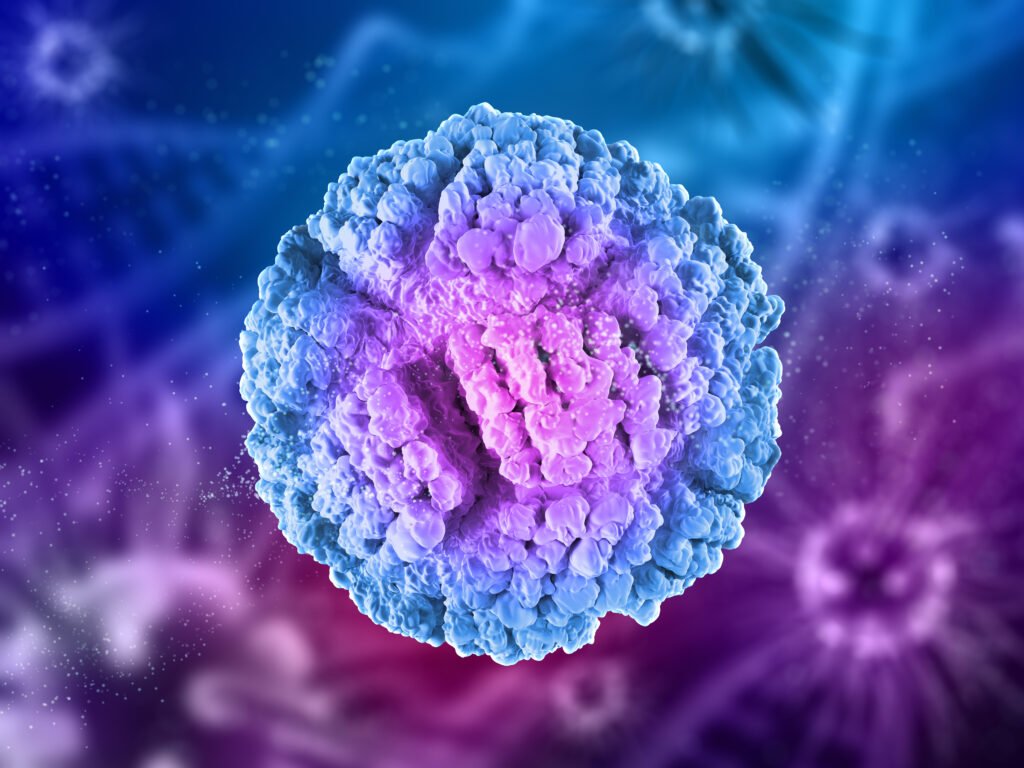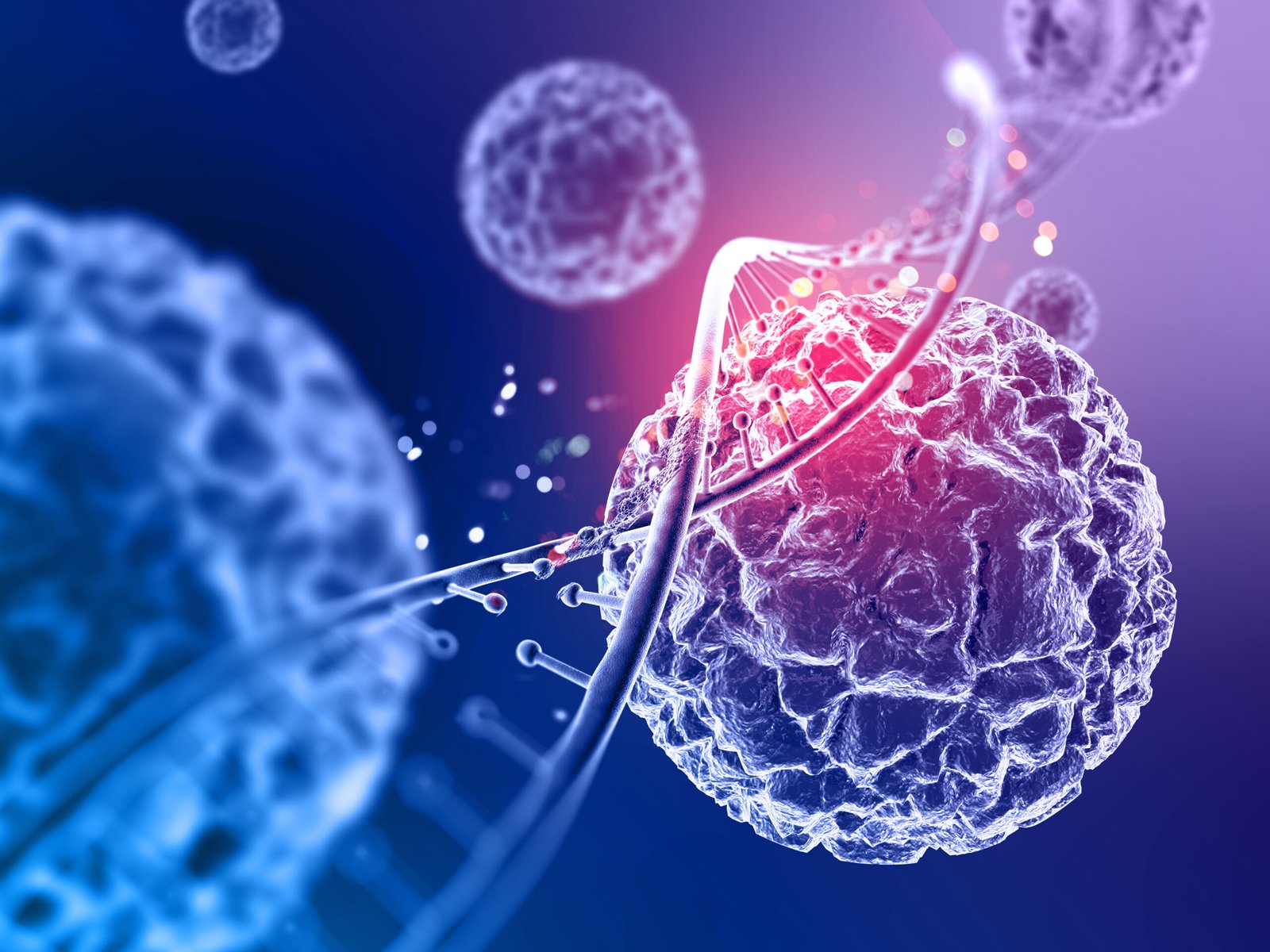Surviving cancer is often portrayed as a victory, and rightly so. It’s a battle that requires immense strength, resilience, and often the support of loved ones. However, life after cancer can bring about its own set of challenges and adjustments that are rarely discussed. Here are five things they never tell you about life after cancer:
The Emotional Roller coaster:
While the physical effects of cancer treatment are well-documented, the emotional toll is often overlooked. Many survivors find themselves grappling with a range of emotions post-treatment, including anxiety, fear of recurrence, survivor’s guilt, and even depression. The transition from being a patient constantly monitored and treated to resuming a “normal” life can be overwhelming. It’s essential for survivors to recognize that it’s okay to seek support from therapists, support groups, or loved ones to navigate these complex emotions.
Body Image and Self-Esteem Challenges:
Cancer treatments such as surgery, chemotherapy, and radiation can alter a person’s appearance in significant ways. Hair loss, weight changes, scars, and other physical changes can take a toll on one’s self-esteem and body image. Adjusting to these changes and learning to embrace a new sense of self can be a long and challenging process. It’s important for survivors to be patient with themselves and seek out resources like counseling or support groups focused on body image issues.

Financial Strain:
The financial burden of cancer doesn’t always end when treatment does. Many survivors find themselves facing mounting medical bills, ongoing medication costs, and lost income due to time off work during treatment. Moreover, insurance coverage may not fully address all post-treatment needs, such as rehabilitation services or mental health support. Navigating these financial challenges can add stress to an already difficult situation. Seeking out financial assistance programs, talking to a financial counselor, or exploring alternative sources of income can help alleviate some of this strain.
Relationship Dynamics:
Cancer doesn’t just affect the individual diagnosed; it can also strain relationships with partners, family members, and friends. Caregivers may struggle with their own emotional and physical exhaustion, leading to tension and resentment. Meanwhile, survivors may find that some relationships shift or even end as they reassess their priorities and boundaries post-cancer. Open communication, patience, and empathy are key to navigating these changes and strengthening relationships.
Finding Meaning and Purpose:
Surviving cancer can prompt profound existential questions about the meaning and purpose of life. Many survivors experience a newfound appreciation for life and a desire to make the most of their second chance. However, figuring out what that means on a practical level can be challenging. Some may feel pressure to live life to the fullest, while others may struggle to find meaning in their post-cancer existence. Exploring hobbies, volunteering, or seeking out spiritual guidance can help survivors find fulfillment and purpose in their lives after cancer.
Life after cancer is a journey filled with both triumphs and challenges. While surviving cancer is a significant achievement, it’s essential to acknowledge and address the less-discussed aspects of post-treatment life. By recognizing the emotional, physical, financial, and relational challenges that survivors may face, we can better support them in their ongoing recovery and adjustment to life beyond cancer.





